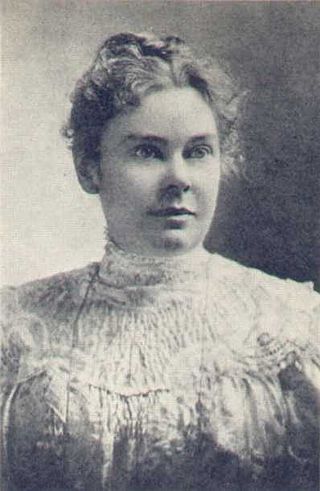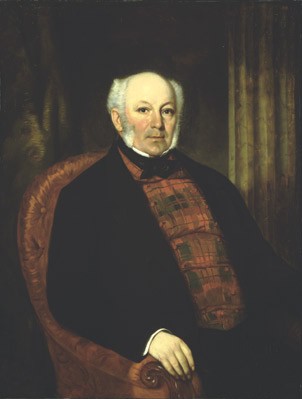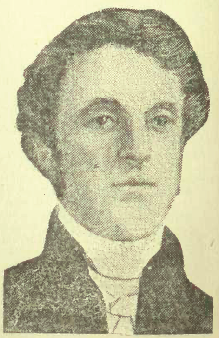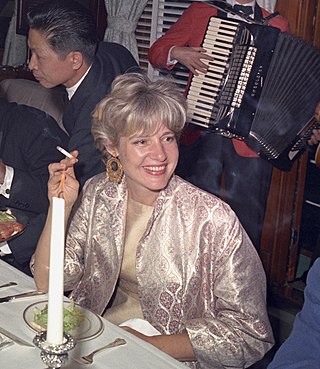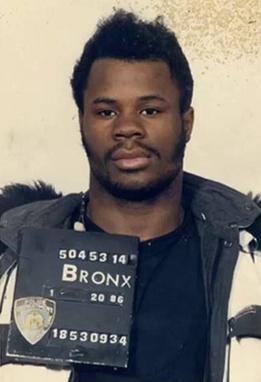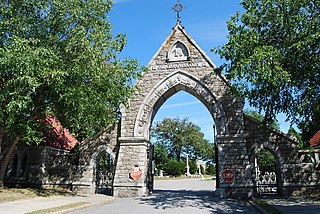Trial
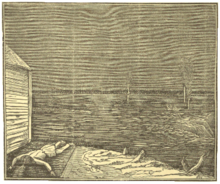
McLeod was the subject of a "curious spectacle" of a trial, in that his defence attorney Joshua A. Spencer had been appointed United States Attorney for the Northern District of New York, but chose to remain as McLeod's counsel. [8] Governor William H. Seward wrote to President John Tyler, but was informed that it was up to Spencer how he wished to handle his own affairs. [8]
British ambassador Henry Stephen Fox initially informed the Americans that the legal precedent established in handing over a man named "Christie" three years earlier after his arrest for the Caroline burning would also be applied to McLeod. [9]
The indictment read by District Attorney J. L. Woods against McLeod stated that he had...
"not having the fear of God before his eyes, but being moved and seduced by the instigation of the devil,...with force and arms...on and upon one Amos Durfee, in the peace of God...then and there being, feloniously, wilfully, and in his malice aforethough and with a premeditated design to effect the death of the said Amos Durfee, did then and there make an assault upon the said Durfee...loaded and charged with gunpower and one leaden bullet...did shoot and discharge...with the leaden bullet aforesaid, out of the gun aforesaid, by force of the gunpowder and shot sent forth as aforesaid, the said Amos Durfee, in and upon the back part of the head of him [6]
Further counts of the indictment suggested that John Mosier, Thomas McCormick, Rolland McDonald, or "certain evil-disposed persons to the Jurors unknown" had been the actual gunman to kill Durfee, but that McLeod had been an accessory to the murder. [6] Theodore Stone, the Sheriff of Niagara County, was the subject of penalty for refusing to testify on the prosecutions defence. [6]
Presided over by Judge Gridley, the case saw Charles O. Curtis, Dr. Edmund Allen, John Mott, Elijah Brush, Ira Byington, William Carpenter, Isaih Thurber, Peter Sleight, Asher Allen, Seymour Carrier, Eseck Allen and Volnev Elliott as the chosen jurors, nine of them farmers. [6] Henry Addington of Paris, Ontario pleaded that his religious views forbade him from serving on a jury and was excused. [6]
The key witnesses expected to testify that they recognised McLeod from the attack never materialised, weakening the prosecution's case. [10] Since nobody saw Durfee get shot, the question of which of the Canadians - if indeed it had been a Canadian - had pulled the trigger was the focus the second day's witnesses. [6] Wells, the owner of the Caroline, testified that he did not believe any of his men carried firearms themselves and thus it had to have been one of the attackers who shot Durfee, although a boatman who was traveling on the ship stated that he believed he had seen guns held by crewmen the day before the attack. [6]
The defence attorney tried to press the fact that a musket had been seized from the nearby Field's Tavern which had evidence of being fired that night, and suggested that somebody in the nearby tavern may have taken a shot at the scuffle atop the Caroline and hit Durfee by mistake. [6] One witness suggested that a Captain Keeler had taken the gun and run out into the night, firing the weapon into the air aimlessly. [6] This was contradicted by the owner of the tavern, who said that one of his patrons had taken the gun outside and deliberately fired towards the men taking control of the Caroline, until he persuaded the man that such aggression might cause the attackers to target the tavern. [6]
The jury deliberated only twenty minutes, before returning to find McLeod not guilty, noting his alibi that he had been elsewhere at the time of the attack and had falsely boasted of involvement. [10] The "gentle words" of Lord Ashburton were credited with allowing the acquittal to sink from public scrutiny. [11]


